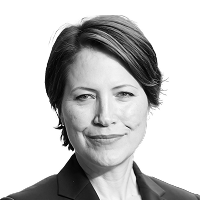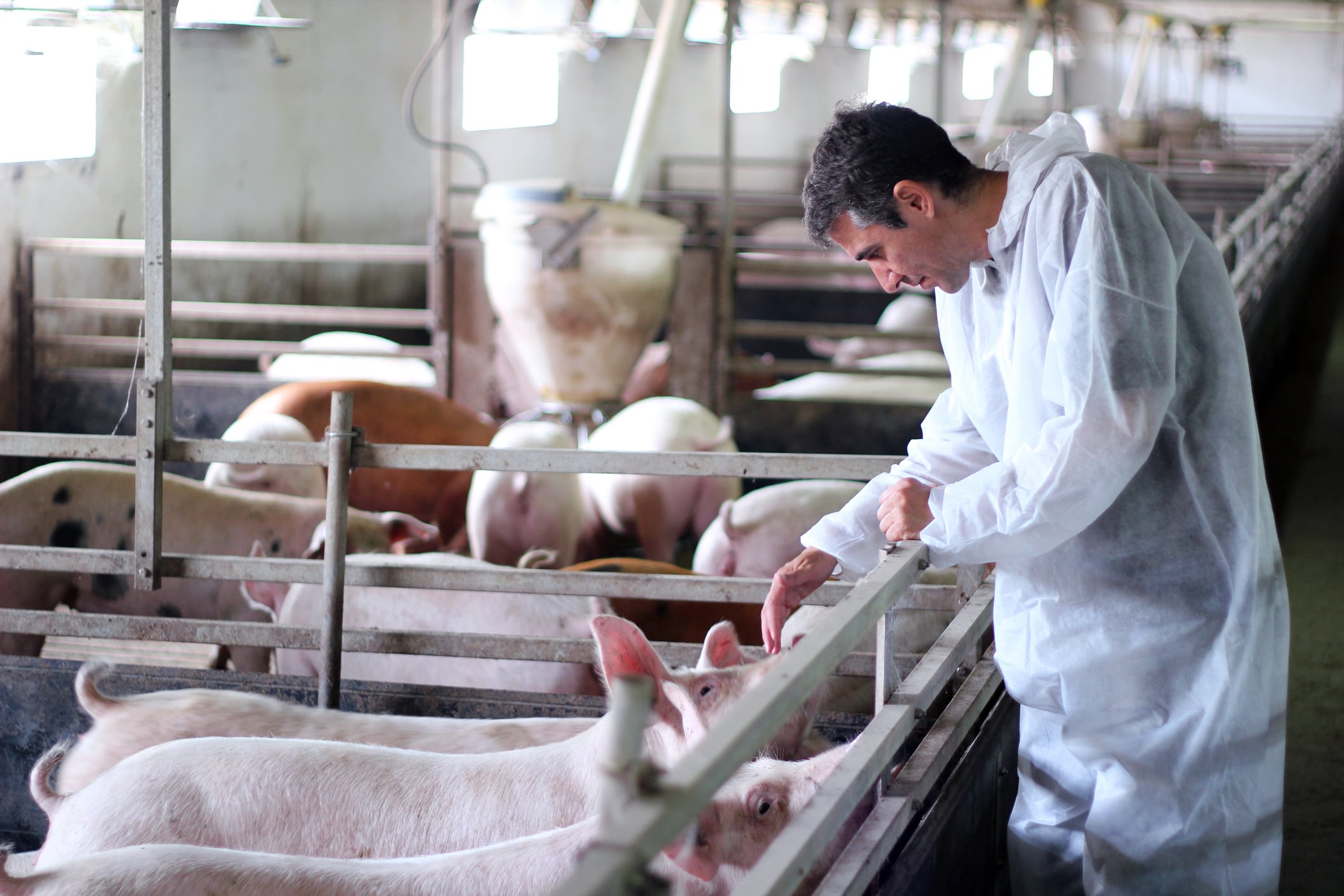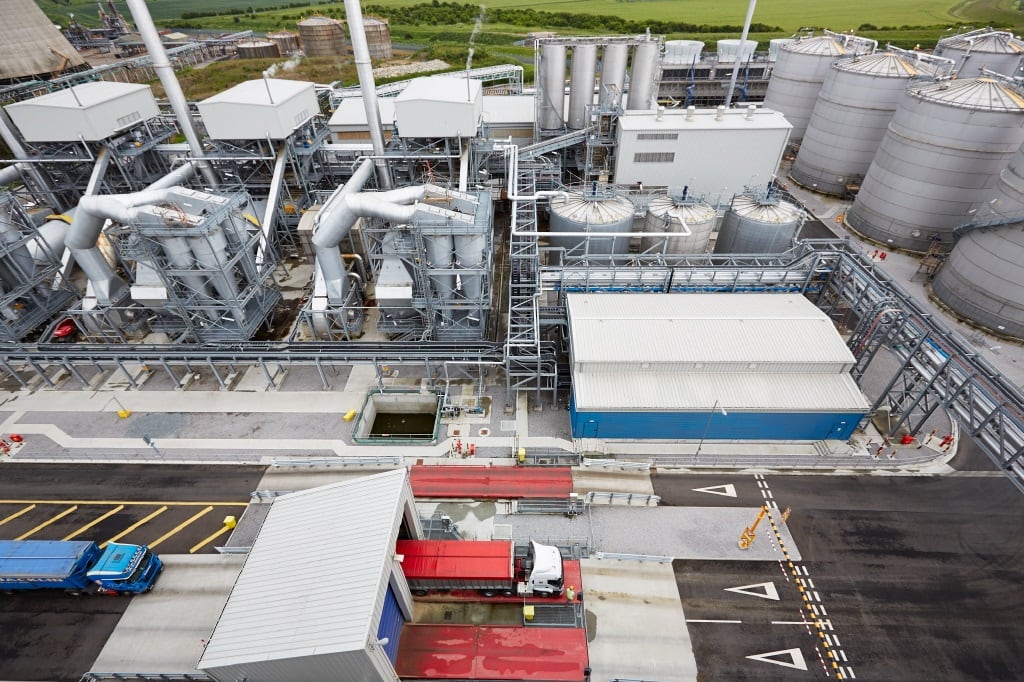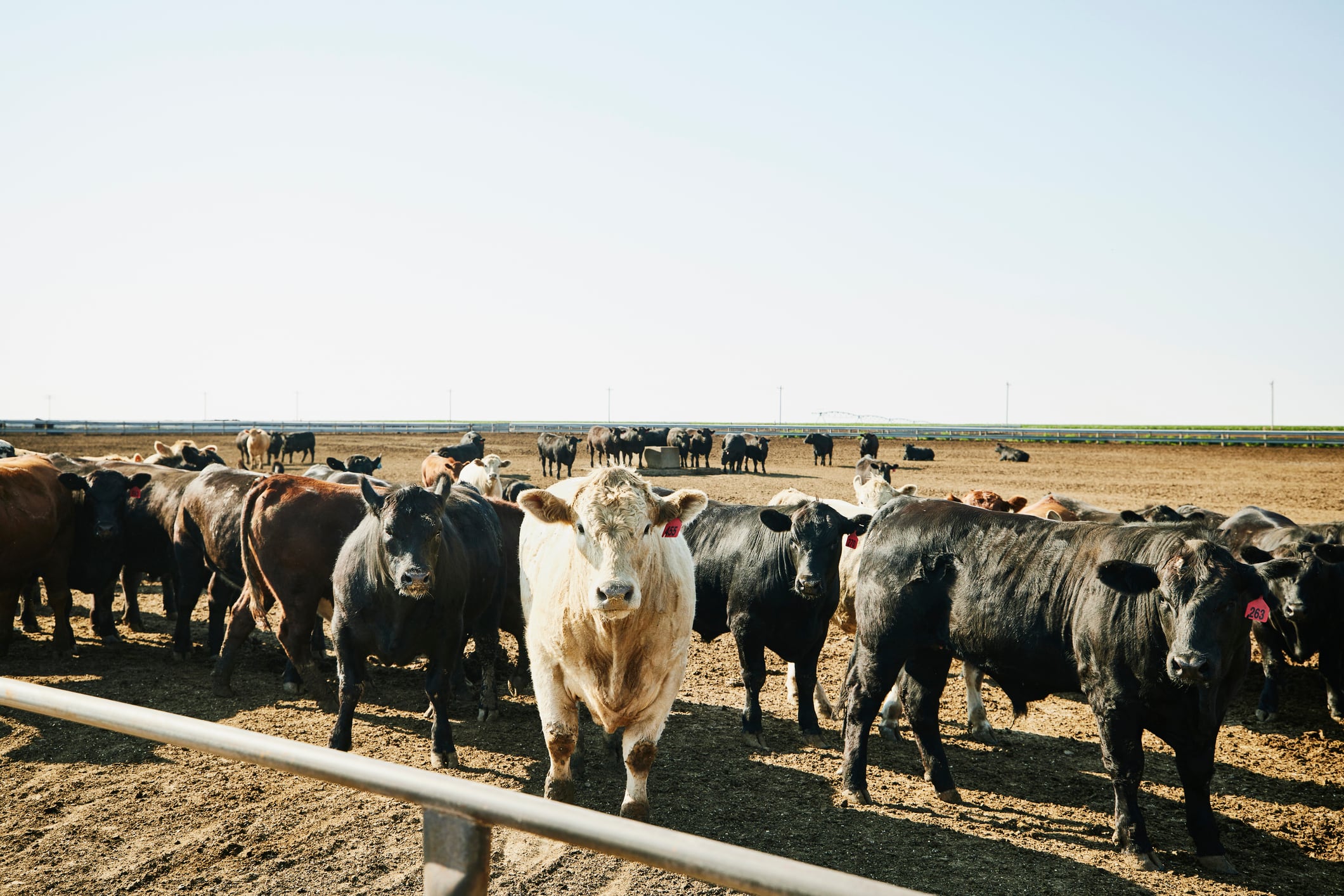The Swedish government is pressing the EU Commission to amend EU feed rules to allow the use of recycled phosphorus from sewage sludge ash in animal feed.
The lawmakers have called for the Commission to mandate a fresh risk assessment by the European Food Safety Authority (EFSA), which would serve as the basis for revising the current ban. Although recycled phosphorus is already permitted for use as a fertilizer in organic farming, EU law still prohibits its use in feed.
Strategic resource
Phosphorus is a critical input for fertilizers and feed, but Europe has almost no domestic supply. Imports come from Morocco and Russia, with Russian phosphorus accounting for about a quarter of EU imports. Preliminary Commission data shows that EU purchases of Russian phosphorus products rose more than 30% in the first half of 2025, reaching around €500m.
“Closing the loop on phosphorus is not just about the environment – it’s about European security and competitiveness. No phosphorus means no food,” said Pär Larshans, chief sustainability officer at Sweden’s Ragn-Sells Group.
That group’s subsidiary, EasyMining, has developed Ash2Phos, a patented technology that extracts phosphorus from sewage sludge ash and refines it into high-purity calcium phosphate can be used in multiple applications – as a raw material in fertiliser production, a direct-application slow-release fertiliser, and as a feed phosphate.
Construction is underway on the first two production plants in Helsingborg, Sweden, and Schkopau, Germany.
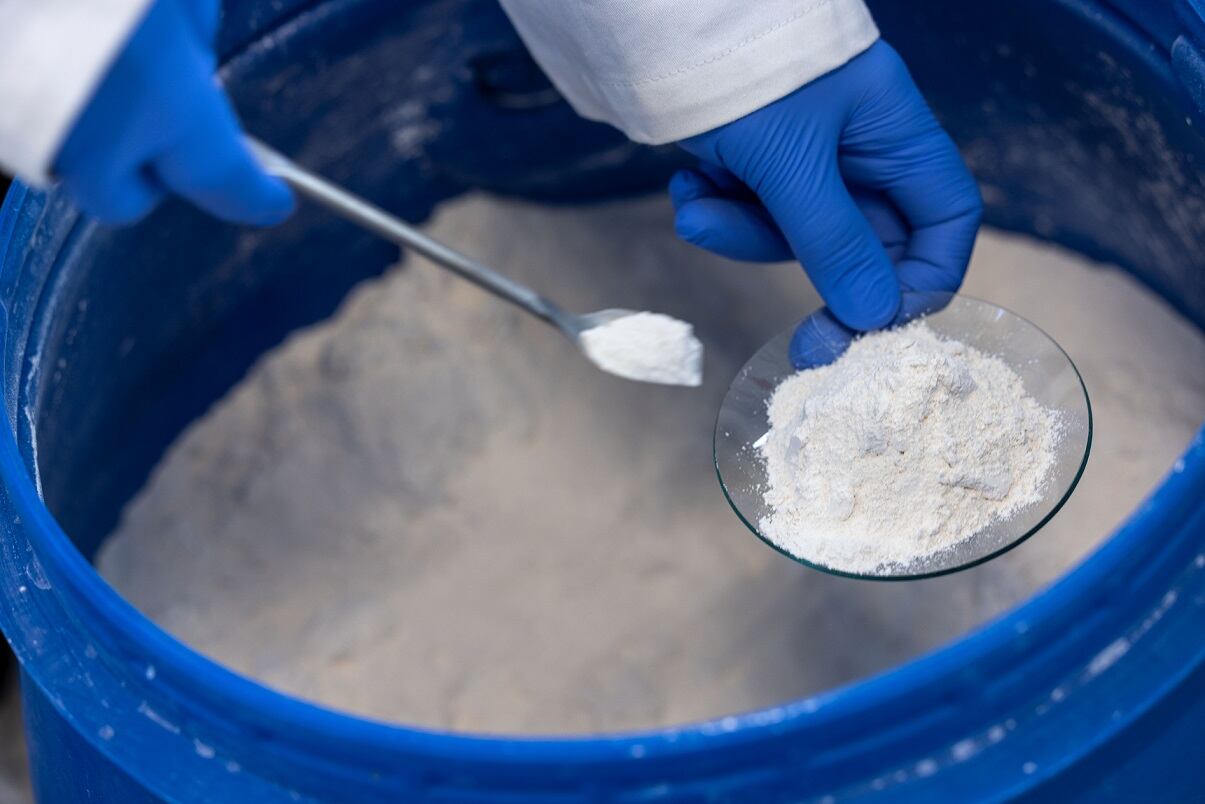
Livestock trials
In a collaborative project with the Swedish University of Agricultural Sciences (SLU) and Lantmännen, EasyMining evaluated whether phosphorus derived from the Ash2Phos process could function as a feed phosphate for pigs and broiler chickens.
The trials compared EasyMining’s phosphate product with conventional monocalcium phosphate (MCP). Results showed no difference in animal growth across diets. Digestibility was lower for RevoCaP - 60.4% vs. 83.8% of MCP in pigs, and 58.4% vs. 75.1% in chickens - but researchers noted that it fell within the normal range for feed phosphates.
Safety and economics
Critics may raise concerns about contaminants in recycled phosphorus. However, Larshans told us:
“Our process produces high-quality output – the end product has almost undetectable levels of heavy metals. According to the Swedish Veterinary Institute, there are no or negligible risks.”
On competitiveness, he added: “We sell at market price and achieve a return on investment. No premium is needed. With feed approval, sewage treatment could shift from being a cost for cities to a potential income stream.”
International momentum
The case for phosphorus recycling extends beyond Europe. EasyMining has already drawn interest in Canada, where feed producer Friesen Group recently expanded its collaboration with the Swedish firm.
“To manufacture animal feed, we need phosphorus – but supply is uncertain, since a handful of countries control the world’s phosphate mines. Gaining access to clean, recycled phosphorus from domestic sewage is a fantastic opportunity for us,” said CEO Marvin Friesen.
Canada, which has no phosphate mines of its own, does not restrict the use of recycled phosphorus in feed. For Ottawa, building resilient supply chains has become a priority amid ongoing tariff disputes with Washington.

